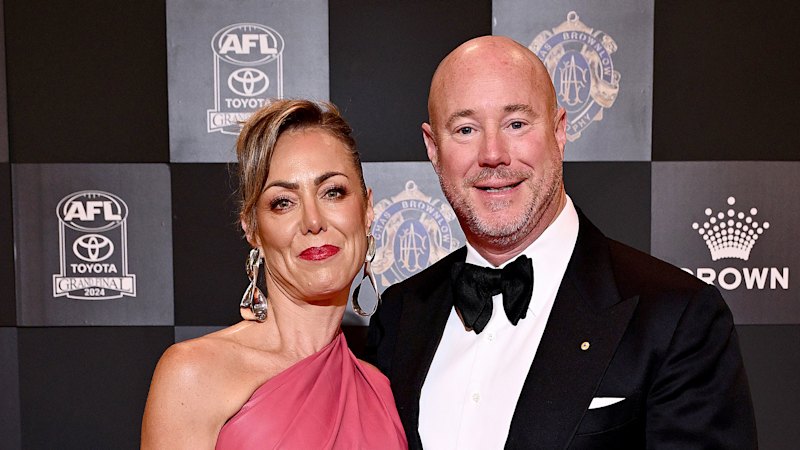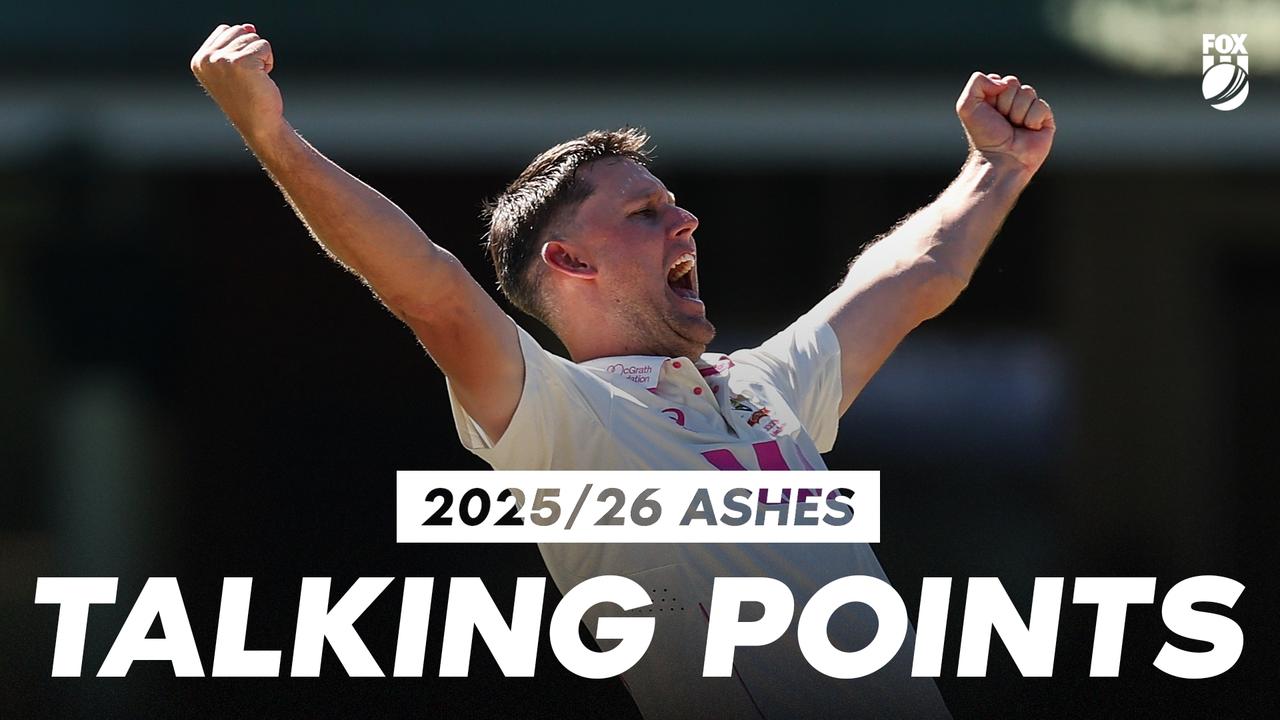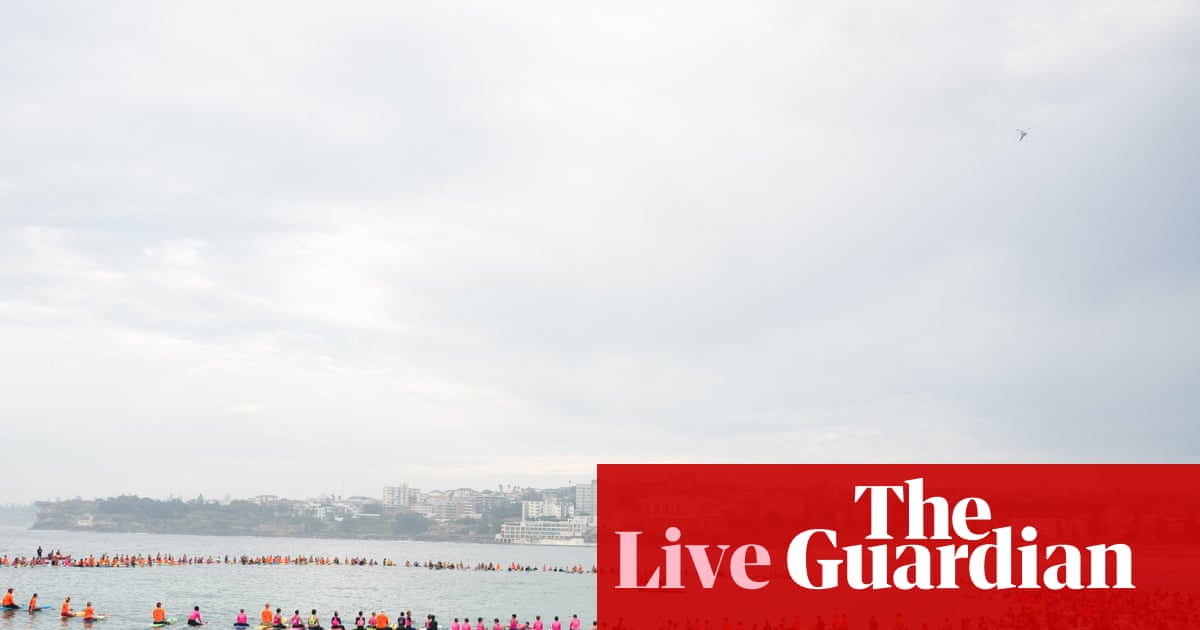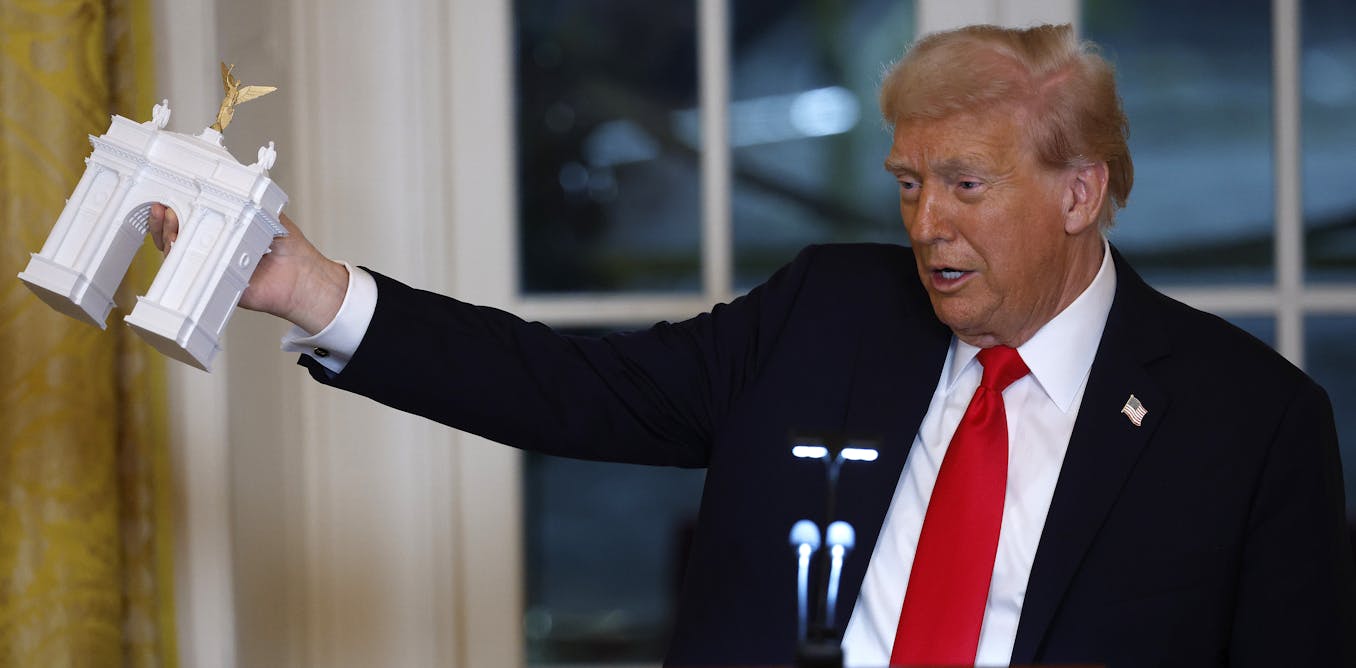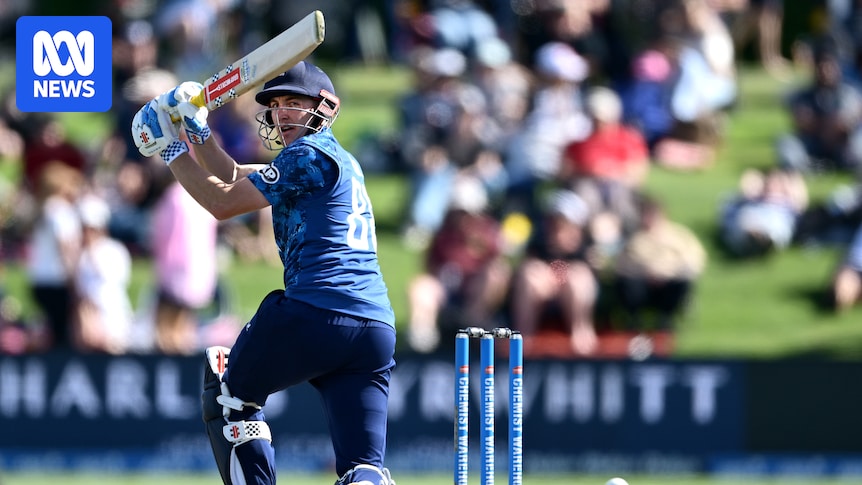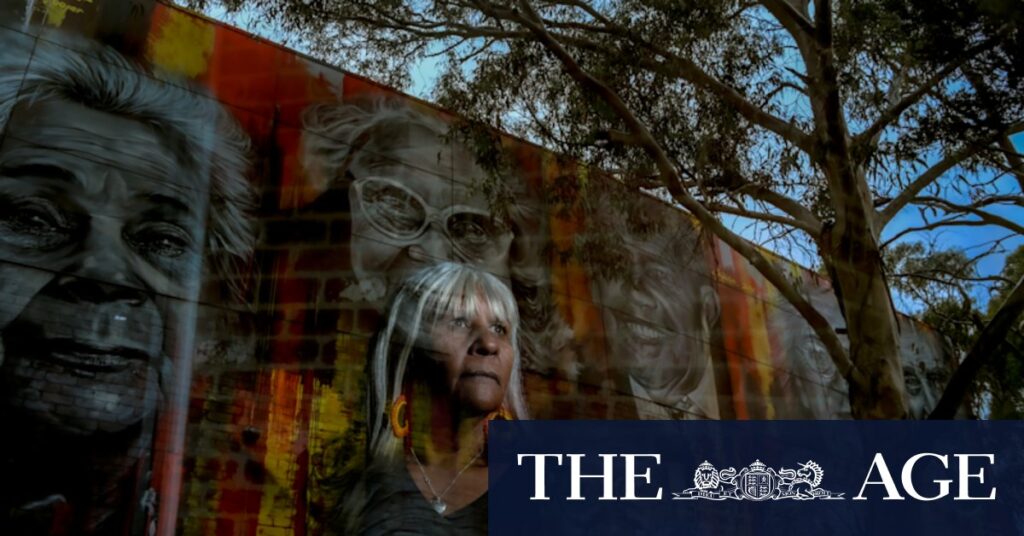
Indigenous leaders in Victoria are calling for urgent treaty negotiations as the state government evaluates over 100 recommendations from the Yoorrook Justice Commission. This public inquiry, the first of its kind in Australia, delves into the historical and ongoing impacts of colonization on Indigenous Victorians.
Eva-Jo Edwards, an Aboriginal community liaison officer, recounted her harrowing childhood experiences to the commission. At the age of five, Edwards was forcibly removed from her family and placed in institutional care, a fate shared by many Aboriginal children during the era of the Stolen Generations. “I cannot really remember life before the institutions,” Edwards shared in her submission, highlighting the trauma of being separated from her family in 1968.
The Yoorrook Justice Commission’s Findings
The Yoorrook Justice Commission, equipped with royal commission powers, has gathered over 1,300 submissions from Indigenous Victorians, each revealing personal stories of suffering and resilience. The commission’s reports, tabled in Victoria’s parliament, outline a comprehensive account of the injustices faced by Indigenous communities since European settlement.
Among the commission’s recommendations are proposals for land restitution, monetary compensation, and other forms of recompense to address nearly two centuries of systemic discrimination. However, the most significant challenge remains the establishment of a treaty between the state and Aboriginal Victorians, a process that would be unprecedented in Australia.
The Path to Treaty
The Victorian government has committed to negotiating a treaty with the First Peoples’ Assembly of Victoria, a democratically elected body representing Indigenous interests. These negotiations are centered on self-determination and ensuring government accountability in implementing positive outcomes for Indigenous communities, in line with the Yoorrook recommendations.
Edwards, a respected elder, emphasizes the necessity of a treaty not only to acknowledge past grievances but to address ongoing issues in areas such as education, health, and the criminal justice system. “We know 170 or more years of policing in Victoria has played a part in destroying a nation of people,” Edwards stated. “But if we want to make change, we have to be part of that change.”
Historical Context and Future Implications
The call for a treaty is set against a backdrop of historical injustices that have left deep scars on Indigenous communities. The Yoorrook commission’s reports, including the five-volume Yoorrook for Transformation and Yoorrook Truth Be Told, provide a detailed account of these injustices, although not without controversy. A split among the commissioners over some findings underscores the complexity of reconciling historical narratives.
“You know the government has had 200 years to get things right, and they still haven’t got it right,” Edwards remarked, underscoring the urgency for Indigenous-led decision-making.
As the Victorian government considers the commission’s recommendations, the push for a treaty represents a pivotal moment in Australia’s history. It offers a chance to formally recognize Indigenous sovereignty and create a framework for addressing both historical wrongs and contemporary challenges.
Looking Ahead
The road to a treaty is fraught with challenges, including the need for broad political and public support. However, the potential benefits for Indigenous communities are significant. By addressing issues such as education, child protection, and health, a treaty could pave the way for lasting improvements in the lives of Indigenous Victorians.
As negotiations continue, the voices of Indigenous leaders like Eva-Jo Edwards will be crucial in shaping the future of Victoria’s relationship with its First Peoples. The success of these efforts could set a precedent for other states and territories in Australia, marking a significant step towards reconciliation and justice for Indigenous Australians.



